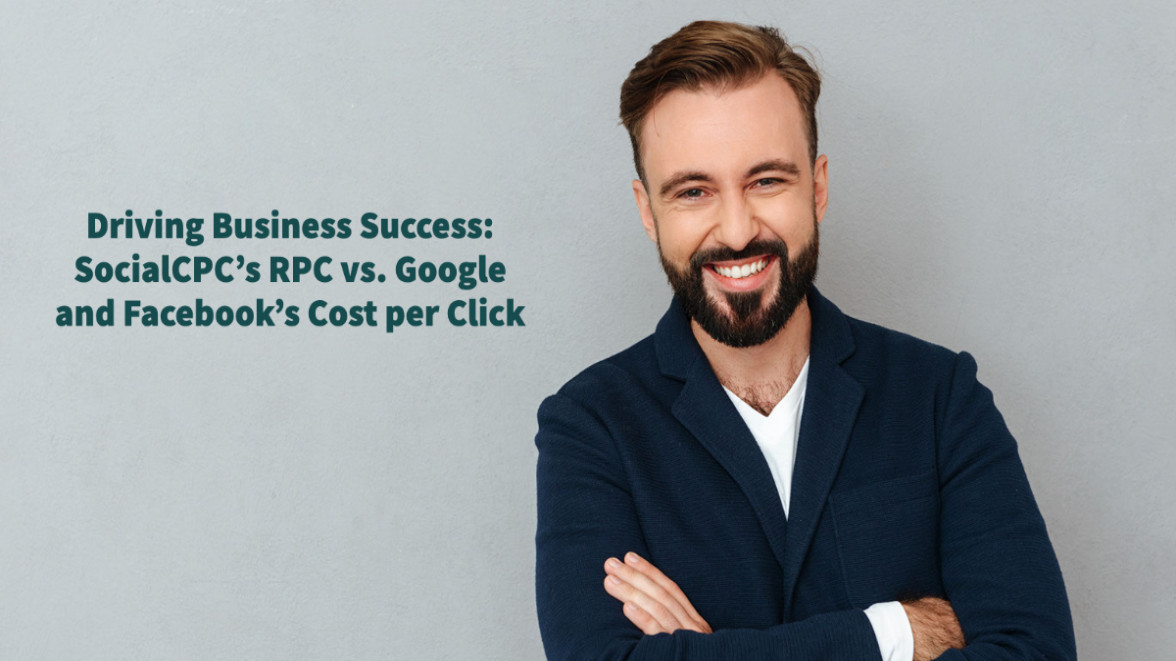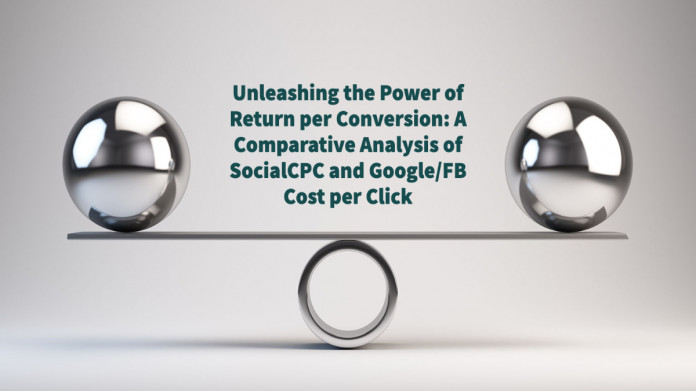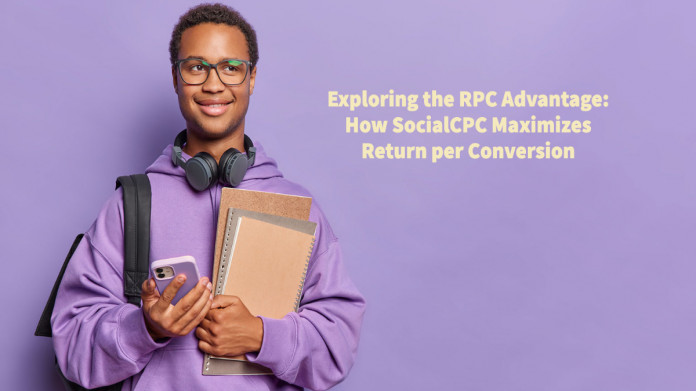
Driving Business Success: SocialCPC's RPC vs. Google and Facebook's Cost per Click
Introduction:
Digital advertising has become an integral part of driving business success in today's hyperconnected world. As businesses strive to optimize their advertising strategies, two prominent models have emerged: SocialCPC's Return per Conversion (RPC) and Google/Facebook's Cost per Click (CPC). In this article, we will explore how SocialCPC's RPC outshines the conventional CPC models, offering unparalleled advantages for businesses aiming to maximize their return on investment (ROI).
I. Understanding the Fundamentals:
1. SocialCPC's RPC: Unlike CPC, which merely measures the cost associated with each click, RPC focuses on the actual return generated per conversion. It provides businesses with a clear assessment of the monetary value obtained from their marketing efforts, allowing for precise ROI calculations.
2. Google/Facebook Cost per Click (CPC): Google and Facebook's CPC models charge advertisers based on the number of clicks received on their advertisements. While it can generate traffic to websites, it falls short in measuring the value and impact of those clicks on conversions.
II. Maximizing ROI with SocialCPC's RPC:
1. Accurate Performance Evaluation: RPC empowers businesses with actionable insights by explicitly measuring the true value generated through conversions. This data-driven approach enables advertisers to make informed decisions and optimize their campaigns for maximum ROI.
2. Targeted Conversion Focus: Unlike CPC, which measures clicks without guaranteeing conversions, RPC directs attention towards attracting and converting high-quality leads. By prioritizing conversions, SocialCPC ensures advertisers invest their resources in generating tangible business results.
III. Unveiling the Limitations of CPC Models:
1. Click Disparity: CPC models tend to generate high volumes of clicks without guaranteeing conversions. This can lead to wasted advertising budgets and ineffective campaigns, as the focus remains solely on driving website traffic rather than converting customers.
2. Lack of Conversion Tracking: Traditional CPC models often lack comprehensive conversion tracking systems, making it difficult for businesses to evaluate the direct impact on their bottom line. Without accurate metrics, optimizing campaigns for maximum ROI becomes challenging.
IV. Conclusion:
In the pursuit of driving business success through digital advertising, embracing SocialCPC's RPC model proves vital. By prioritizing conversions and quantifying the exact return per conversion, businesses can make better-informed decisions that directly impact their ROI. SocialCPC's approach goes beyond the superficial measurement of clicks, ensuring that advertising efforts are effectively targeted towards driving meaningful conversions.
While Google and Facebook's CPC models have their place in generating website traffic, they fall short in tracking and evaluating the true value of those clicks. By adopting SocialCPC's RPC model, businesses gain a competitive edge by optimizing their advertising campaigns for maximum ROI. Continued advancements in digital marketing will undoubtedly shape its landscape, but the fundamental shift towards RPC as a key metric showcases its unparalleled benefits when compared to traditional CPC models.
To drive business success in today's competitive landscape, it's time to align your advertising efforts with SocialCPC's RPC model, empowering your business to unlock its true potential and achieve exceptional results.

